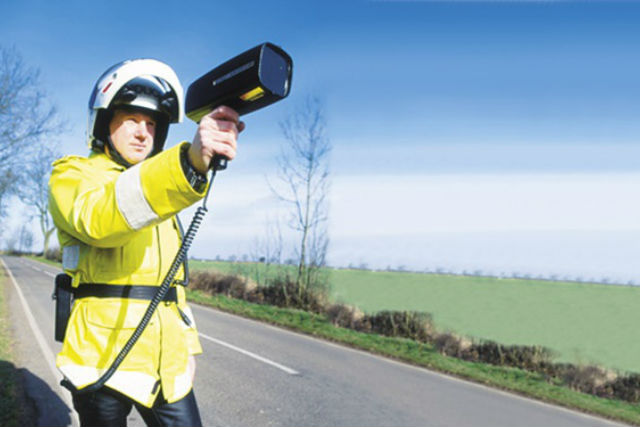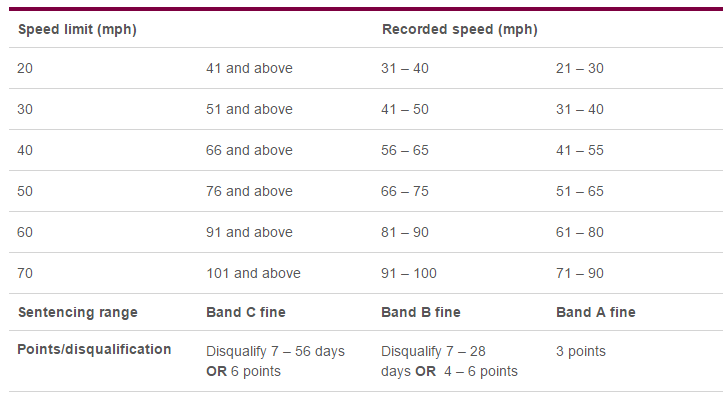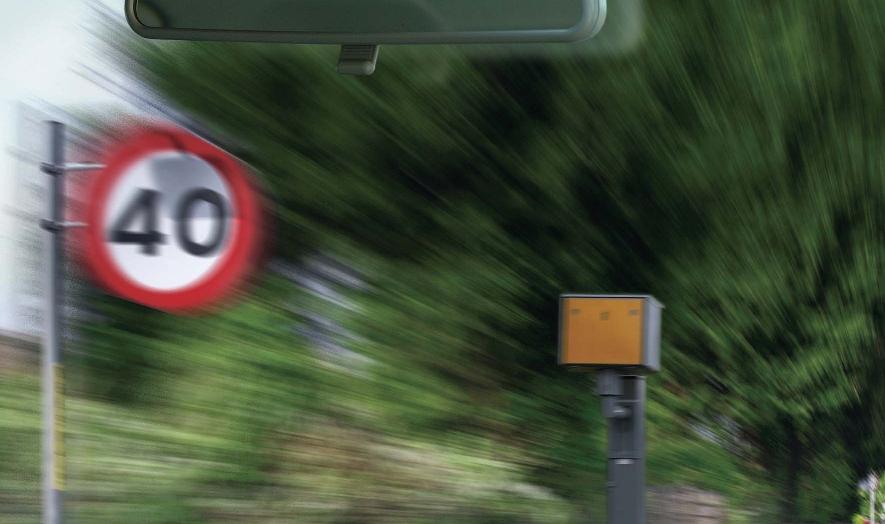From April 24th this year, speeding fines are set to dramatically rise in an attempt to deter motorists from driving dangerously.
Following on from tougher punishments on drivers who use mobile phones while driving, magistrates will now punish drivers according to harsher guidelines if they’re caught above the limit.
Here’s all you need to know about the change in speeding fine sentences and how it will affect you if you’re caught.
What’s changed?

As part of the changes, magistrates are now being instructed to be much tougher on those who commit the most serious speeding offences.
The new fine structure is ranked into three alphabetically categorised bands, with the least severe being Band A, while the most severe is Band C.
Band C fines are reserved for speeders who commit serious offences, and Band C fines carry an absolute minimum fine of 150 per cent of the offender’s weekly income.
What exactly is a ‘serious’ offence?
It depends on the speed limit, but it’s understood to be an offence where the driver is driving excessively faster than the posted speed limit. In a 30mph zone, that means travelling 51mph or above, while in a 70mph you’d need to be travelling at least 101mph for a Band C fine.
For a full breakdown of the speed limits and the different fine bands, refer to the information from the Sentencing Council for England and Wales in the image below:

How much do I have to pay if I’m caught?
Given that the fines are calculated according to how much the offender earns, it varies. Band A fines start from 50 per cent of an offender’s weekly income, while Band B fines start from 100 per cent. The most severe Band C fines have a minimum penalty of 150 per cent of the driver’s weekly income.
So, as an example, if you earn £25,000 a year then the absolute minimum that a Band C fine will cost you is £720.
This will increase or decrease depending on what your salary is, but magistrates are instructed to cap fines at a maximum of £1,000 or £2,500 if the driver happens to be caught excessively speeding on the motorway.
As a result, anyone earning more than approximately £47,000 probably won’t have to pay more than the maximum, leading some to claim that the sentencing changes will disproportionately punish drivers on lower incomes.
Is there any wiggle room in how much I’m fined?

Yes there is, but it works both ways. A magistrate can decrease your fine due to mitigating factors, but on the other hand they can choose to increase it based on other factors.
For example, a magistrate could choose to charge a driver more than the mandatory amount if they display a history of previous driving convictions, or if they’ve been caught speeding while on bail.
On the other hand, mitigating circumstances like a clean criminal record or proof that the driver was in a genuine emergency will be taken into account, and the magistrates could choose to be much more lenient.
Magistrates could also in certain circumstances choose to reduce the fine if the defendant is seen to be cooperating with the authorities or pleading guilty to the offence.
Are fines the only punishments speeders can get?
Depending on the severity of the offence, a magistrate could also choose to discipline drivers in other ways as well as fining them. Speeding drivers could be disqualified from driving either temporarily or permanently, while they can also choose to add points to your driving licence.
However, for less severe offences drivers with clean licences can still opt to attend a speed awareness course in order to avoid penalty points.




